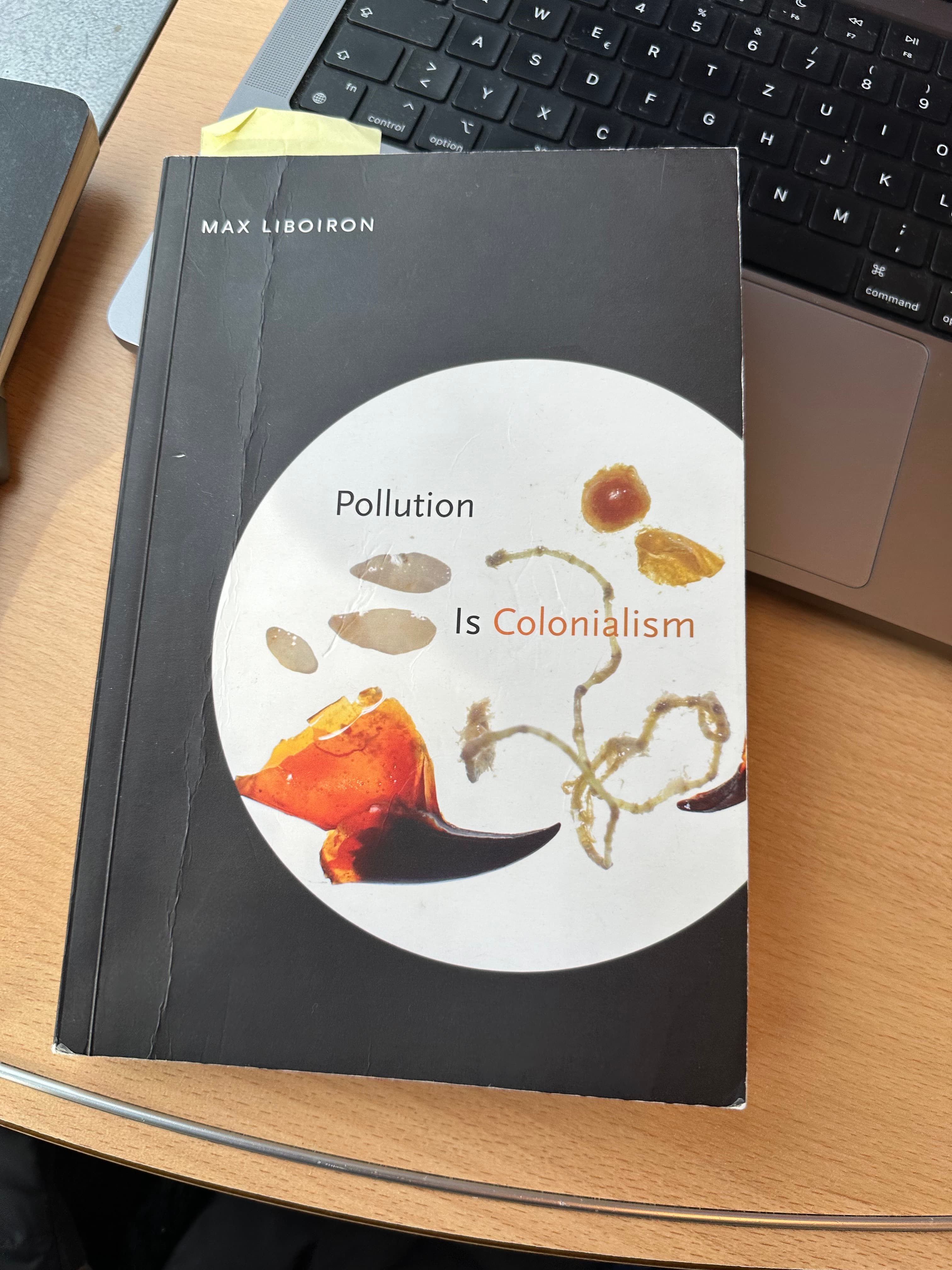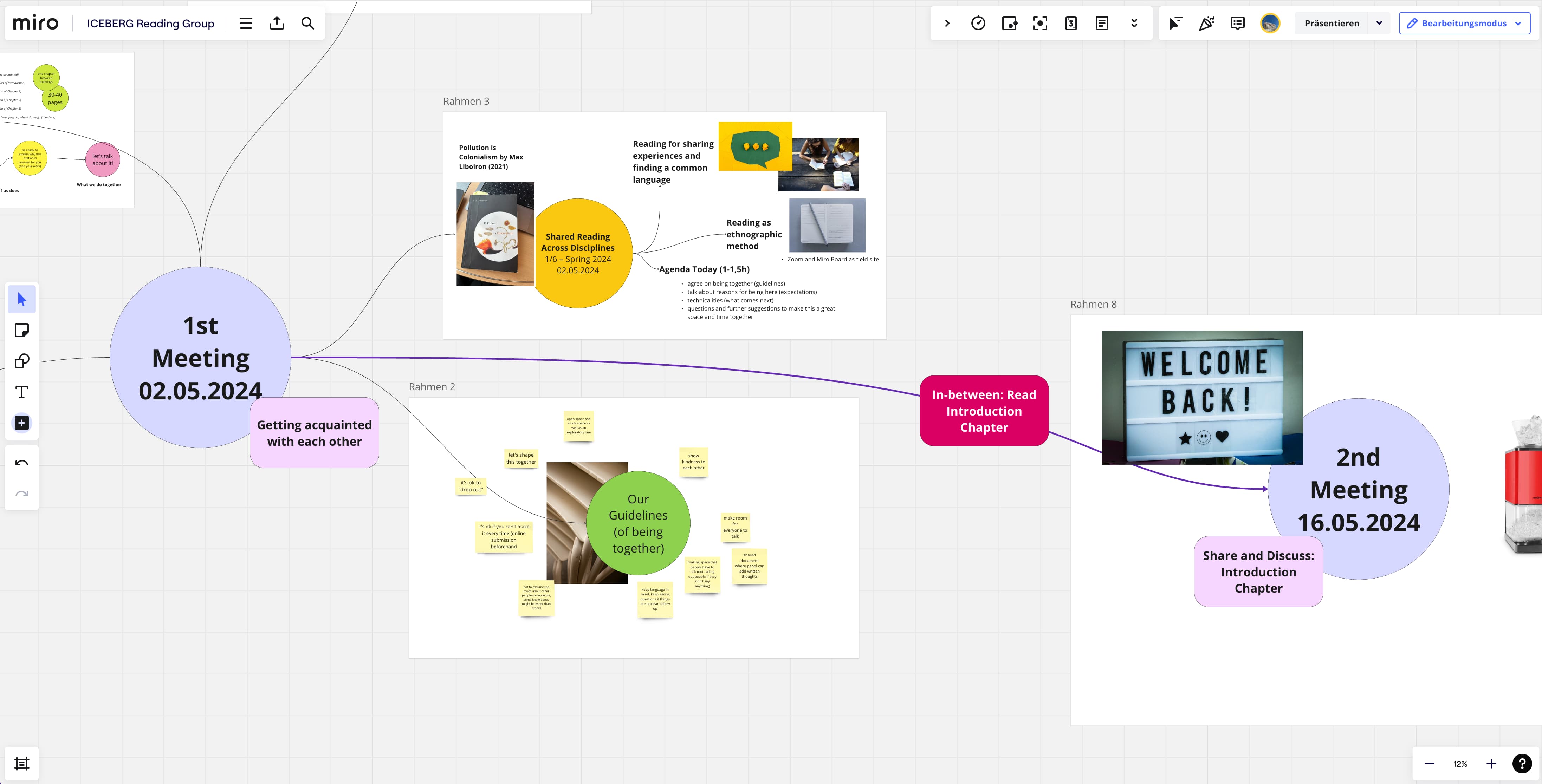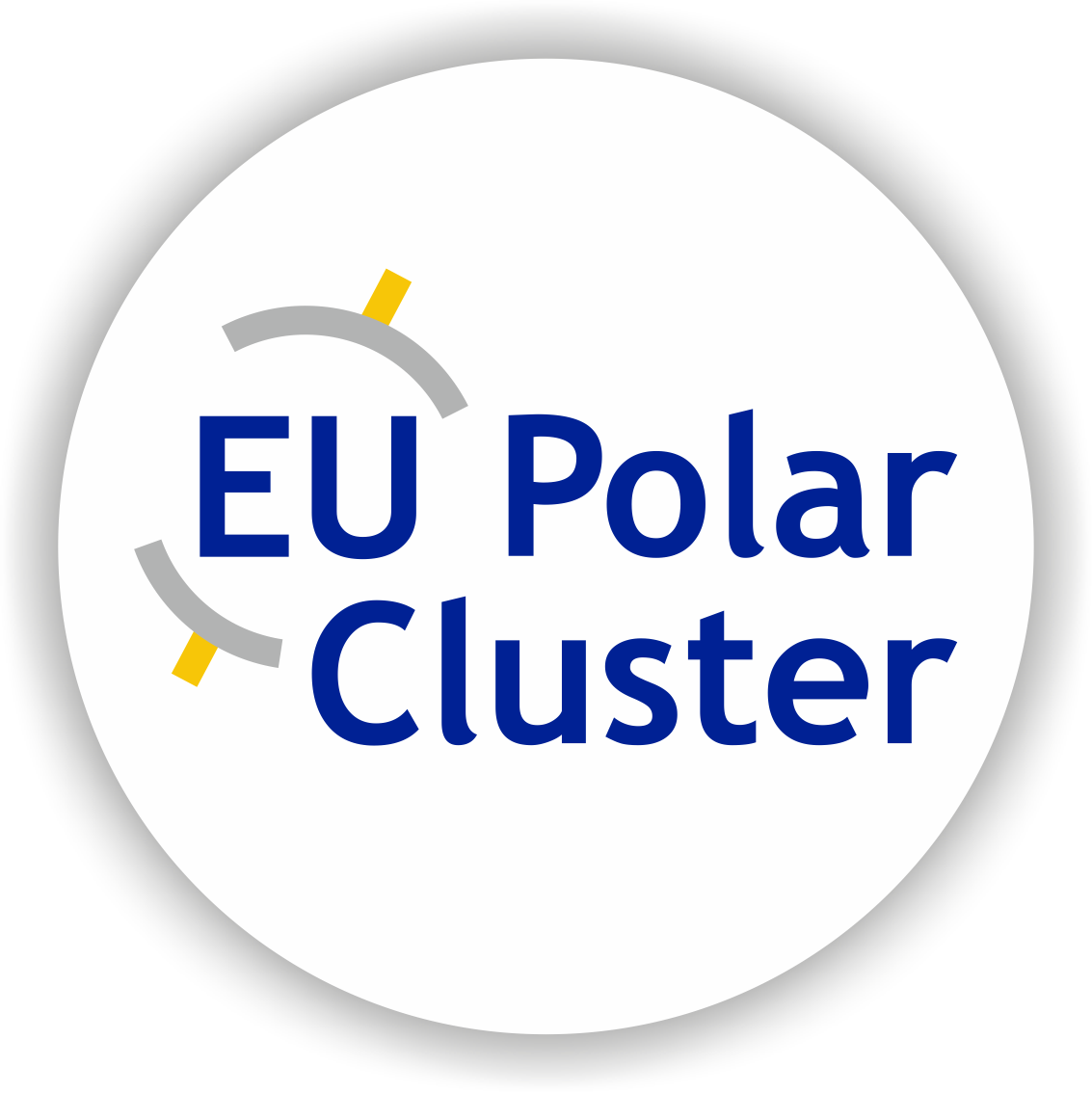A space that fostered trust and built relationships
The book club became a space for collaborative learning, fostering trust, and building relationships. It provided participants with the opportunity to regularly share and discuss questions around ethics, potentially allowing them to refine and enhance their research design and methodologies over time.
Beyond the book club, at a conference session on hydrology and water resources management no less, Christine found herself unexpectedly connecting with a presenter who had also read the book and cited it as a key inspiration for applying community co-creation to this highly physical sciences-focused field.
Liboiron’s book clearly resonates with researchers and students in all fields and inspires the importance of innovative community-based approaches to environmental issues.
All that aside, it’s simply a compelling read, filled with mind-blowing facts and entertaining footnotes that keep the reader engaged from start to finish.
Authors: Anne S. Chahine and Christine Yiqing Liang.
* The authors here incorporate and test out Liboiron’s idea of ‘marking’ the people writing this text, but also anyone referenced throughout. This aims at clearly positioning the person who speaks, and allows the reader to establish a relation with that person, based on their own positioning. Furthermore, when all people are ‘marked’, it re-centres the playing field and challenges the idea that, for some/many researchers, settlers and whiteness are an unconsciously adopted norm, while Indigenous peoples are deviations from that norm.
Sources of the citations
- Christiansen, Charlotte Ettrup, and Anne Line Dalsgård. 2021. “The Day We Were Dogs: Mental Vulnerability, Shared Reading, and Moments of Transformation.” Ethos 49 (3): 286–307. https://doi.org/10.1111/etho.12319.
- Liboiron, Max, Alex Zahara, and Ignace Schoot. 2018. “Community Peer Review: A Method to Bring Consent and Self-Determination into the Sciences.” MDPI AG. https://doi.org/10.20944/preprints201806.0104.v1.
- Liboiron, Max. 2021. Pollution Is Colonialism. Durham London: Duke University Press.
Stay tuned on the project
Stay tuned on ICEBERG’s ongoing research and latest updates by following our social media channels:





